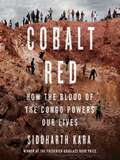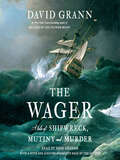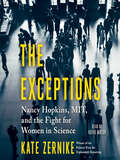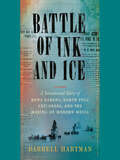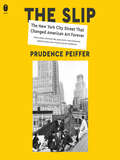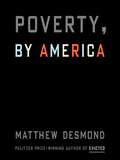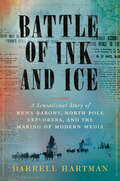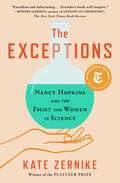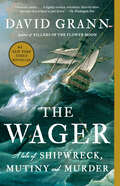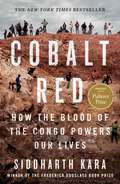Service Alert
CD service concludes July 31, 2025
CELA's audiobooks and magazines are available in Direct to Player and downloadable formats. We no longer mail out CDs. Please contact us for more information.
August 4th- Civic Holiday
CELA will be closed on Monday, August 4th. Our office will reopen and our Contact Centre services will resume on Tuesday, August 5th. Enjoy the holiday!
